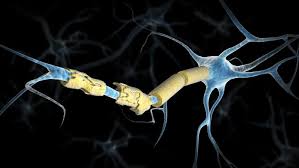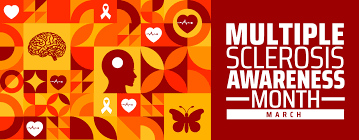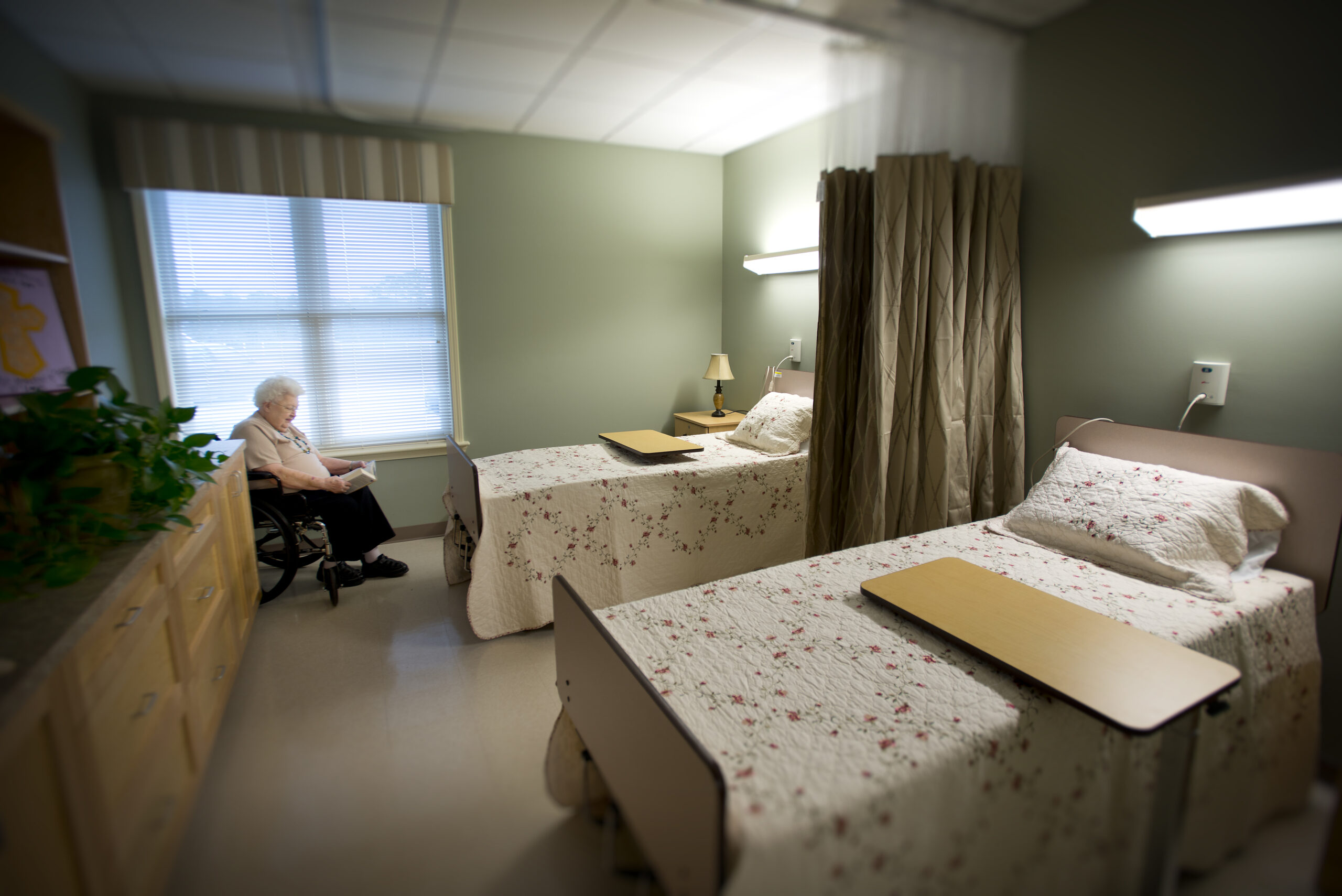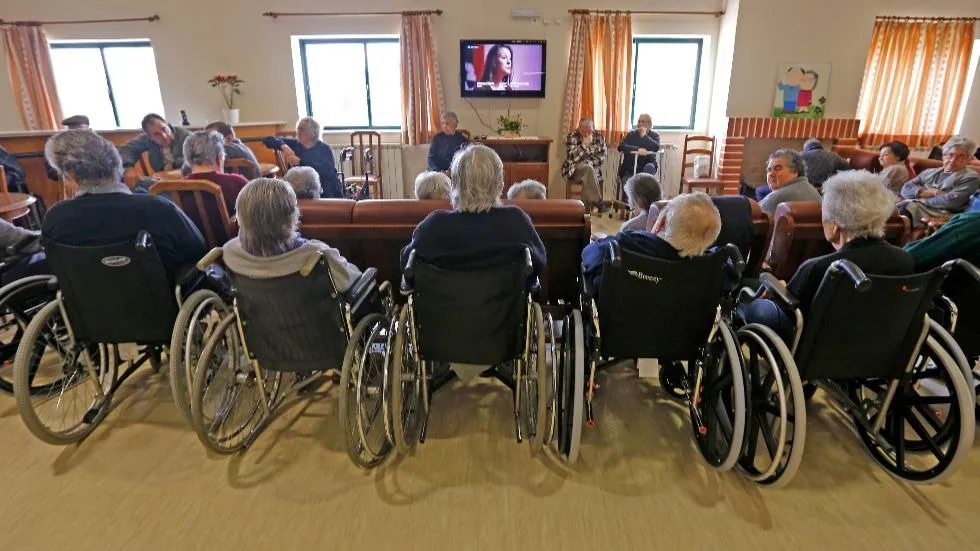March is MS Awareness Month—a time to focus on the specialized care needed for those living with Multiple Sclerosis (MS) and the support systems that help them maintain dignity and comfort. MS is an unpredictable, progressive disease that affects the central nervous system, disrupting movement, speech, and daily function. While there is no cure, compassionate, individualized care can make all the difference in improving quality of life at every stage.
As MS progresses, mobility may decline, cognitive challenges may increase, and daily care needs often become more complex. The level of care required depends on how the disease impacts each person, but at some point, many individuals will need full-time support. Ensuring that they receive compassionate, skilled care is essential to their comfort, safety, and overall well-being.
Key Considerations for Advanced MS Care
- Pain & Symptom Management – Medications, physical therapy, and assistive devices can help ease discomfort and maintain function for as long as possible.
- Personalized Daily Care – Assistance with bathing, dressing, and mobility ensures residents maintain dignity and comfort in their daily routine.
- Nutrition & Swallowing Support – MS can affect swallowing (dysphagia), so food textures may need to be adjusted, and mealtime supervision is often necessary to reduce the risk of choking.
- Preventing Pressure Sores – Limited mobility can increase the risk of bedsores, so repositioning, proper bedding, and skin care become essential.
- Emotional & Cognitive Support – MS can lead to anxiety, depression, and mood swings. Providing consistent social engagement and emotional reassurance is crucial.
- End-of-Life Planning – In later stages, hospice or palliative care may be needed to focus on comfort and dignity rather than aggressive treatments.
Interesting Fact: MS is not considered a fatal disease, but complications from severe MS—such as infections, pneumonia, or falls—can impact life expectancy. That’s why consistent, high-quality care is so important.
How Geneva Suites Supports Residents with MS
At The Geneva Suites, we believe that everyone deserves personalized care that respects their unique needs, preferences, and abilities. Our high staff-to-resident ratio ensures that residents with MS receive the time, attention, and support they need—whether it’s assistance with daily tasks, symptom management, or simply spending time together.
We offer:
- Care Designed Around Each Resident – No two people experience MS the same way, so we adapt care plans to fit individual needs.
- Occupational Therapy Support – Our in-house Occupational Therapist works with residents to maintain mobility, independence, and comfort as long as possible.
- Chef-Prepared Meals – We provide nutritious, balanced meals that accommodate dietary needs, ensuring proper nutrition while making dining an enjoyable experience.
- Life Enrichment & Social Engagement – Our Life Enrichment Coordinator helps residents stay engaged, providing activities that bring joy, encourage social connection, and support emotional well-being.
We know that MS is a long and difficult journey, but we are committed to ensuring that every resident feels safe, valued, and supported every step of the way.
Prioritizing Comfort and Quality of Life
MS is not just a physical disease—it impacts every aspect of life. And while there is no cure, the right care can make all the difference in helping those with MS live as comfortably and independently as possible.
This MS Awareness Month, let’s take time to recognize the needs of those living with MS and ensure they have access to compassionate, high-quality care at every stage.
If you or a loved one is navigating MS care and need support, we’re here to help. Contact us to learn more about The Geneva Suites protocols for our residents providing personalized, dignified care for those living with advanced MS.










